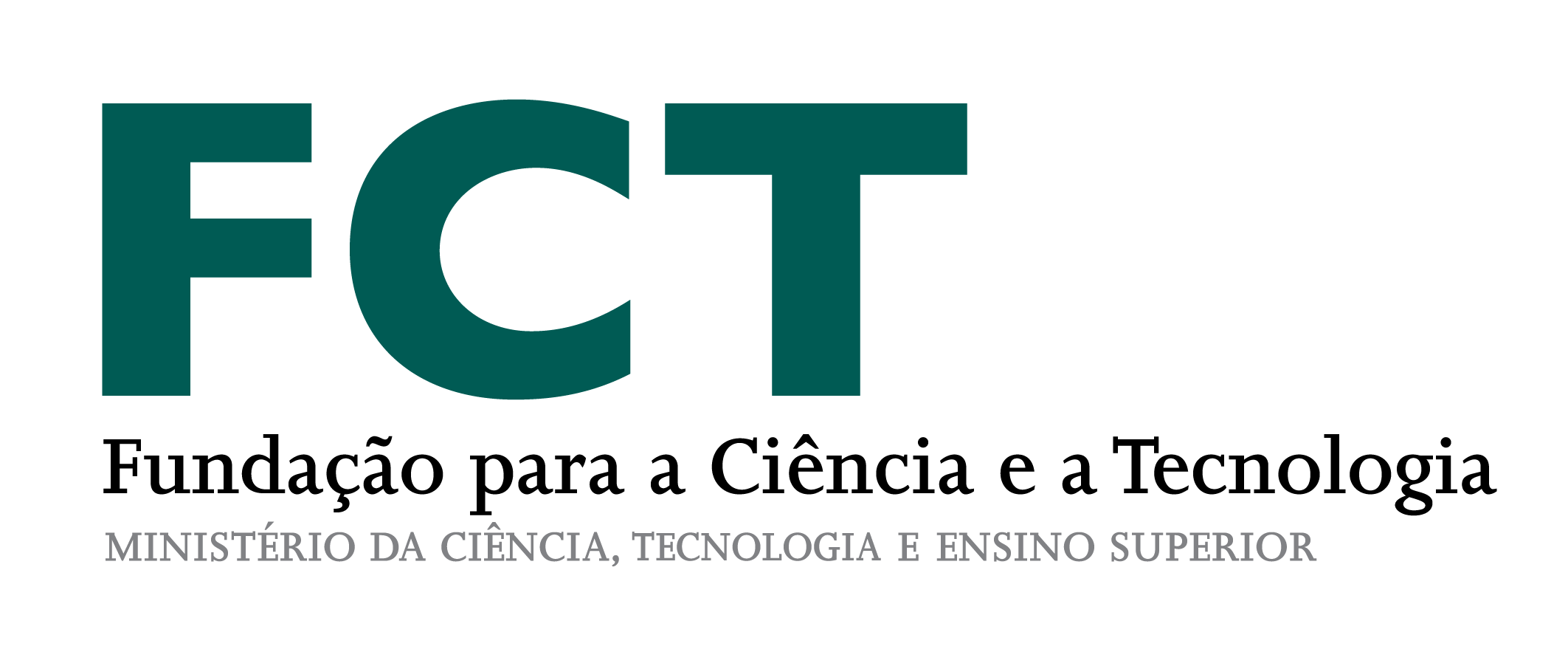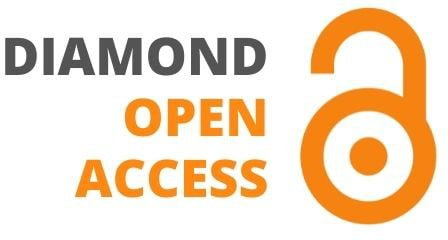Ella Syafputri Prihatini* e Wahidah Zein Br Siregar**
*University of Western Australia, Perth, Australia
ORCID: https://orcid.org/0000-0001-6710-1250
** PhD in Political Science and International Relations, UIN Sunan Ampel Surabaya, Indonesia
Women’s political representation in Indonesia has been rather limited and has fluctuated since independence in 1945. In a hope to improve this situation, a legislated gender quota of 30 percent for candidates in Indonesia was first implemented in the 2004 elections. In this paper, we strive to answer the question of what is the role of international NGOs in helping the process of the provision of candidate gender quotas in Indonesia. By analysing literature on the importance of gender quotas from theoretical perspectives, examples on the implementation of quotas of other countries, role of NGO in democracy as well as in women political representation, and interviews with six participants from two Indonesian NGOs and two International NGOs, who were directly involved in the process of endorsing gender quotas, we found that the influence of international NGOs has been significant and yet indirect as the pursuit of affirmative action policy is only part of the bigger project in promoting gender equality.
Keywords
gender quotas, Indonesia, international NGOs, women’s representation
Quotas de género na Indonésia: reexame do papel das ONG internacionais
A representação política das mulheres na Indonésia tem sido bastante limitada e oscilou desde a independência em 1945. Na esperança de melhorar essa situação, uma quota de género de 30% dos candidatos foi implementada pela primeira vez nas eleições de 2004 na Indonésia. Neste artigo, esforçamo-nos para responder à pergunta sobre qual o papel das ONG internacionais no apoio ao processo de estabelecimento de quotas de género nas candidaturas eleitorais na Indonésia. Ao analisar a literatura sobre a importância das quotas de género a partir de perspetivas teóricas, de exemplos sobre a implementação de quotas noutros países, do papel das ONG na democracia e na representação política das mulheres, e de entrevistas com seis participantes de duas ONG indonésias e duas ONG internacionais que estiveram diretamente envolvidas no processo de estabelecimento de quotas de género, verificámos que a influência das ONG internacionais tem sido significativa, ainda que indireta, uma vez que a procura de políticas de ação afirmativa é apenas uma parte do projeto mais amplo de promoção da igualdade de género.
Palavras-chave
quotas de género, Indonésia, ONG internacionais, representação de mulheres
Les quotas de genre en Indonésie : réexaminer le rôle des ONG internationales
La représentation politique des femmes en Indonésie a été plutôt limitée et a fluctué depuis l’indépendance de 1945. Avec l’espoir d’améliorer cette situation, un quota de 30% de femmes, prévu par la loi, a été mis en place lors des élections de 2004. Dans cet article, nous nous efforçons de répondre à la question de savoir quel est le rôle des ONG internationales dans le processus de mise en place de quotas de candidats par sexe en Indonésie. En analysant la littérature sur l’importance des quotas de genre du point de vue théorique, des exemples sur la mise en œuvre de quotas d’autres pays, le rôle des ONG dans la démocratie ainsi que dans la représentation politique des femmes, et des entretiens avec six participants de deux ONG indonésiennes et deux internationales, qui ont participé directement au processus d’approbation des quotas de genre, nous avons constaté que l’influence des ONG internationales était importante et indirecte, la poursuite de la politique de discrimination positive n’étant qu’une partie du plus grand projet de promotion de l’égalité des sexes.
Mots-clés
quotas de genre, Indonésie, ONG internationales, représentation des femmes
DOI: https://doi.org/10.22355/exaequo.2019.40.03

Copyright: Creative Commons – CC BY NC












